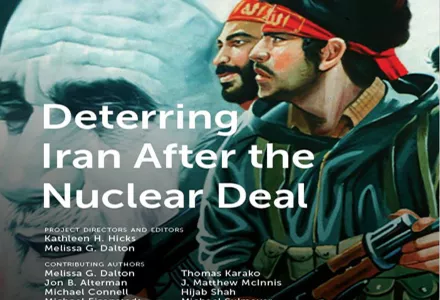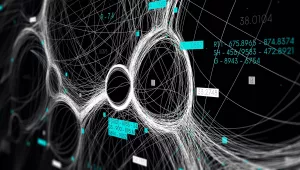
Cyberspace: A growing Domain for Iranian Disruption
Preview
Role of Cyber Tools in Iran's Broader Strategy
A senior Iranian Islamic Revolutionary Guard Corps (IRGC) official described a war in cyberspace as "more dangerous than a physical war." This statement was likely made in 2012, in response to a wave of publicly reported cyber operations against Iran, including Stuxnet, Duqu, and Flame. Since these operations, Iran has expanded the role of cyber capabilities in its broader national security strategy.
Iran uses its cyber capabilities to expand the regime's control over the information to which its population has access. The Iranian leadership exercises its power in cyberspace to censor and block certain forms of social media content, and to surveil individuals and organizations of concern to the state. Its control of information also enables the regime to leverage cyberspace to further a narrative for its domestic audience that frames Iran as a growing technological power, able to defend its internal networks and exploit its rivals' vulnerabilities by compromising high-profile commercial and government institutions.
Originally published as a chapter in Deterring Iran after the Nuclear Deal, ed. Kathleen H. Hicks and Melissa G. Dalton (Washington, DC: CSIS, March 2017), https://www.csis.org/analysis/deterring-iran-after-nuclear-deal. Reprinted with permission.
The full text of this publication is available via Center for Strategic & International Studies.




